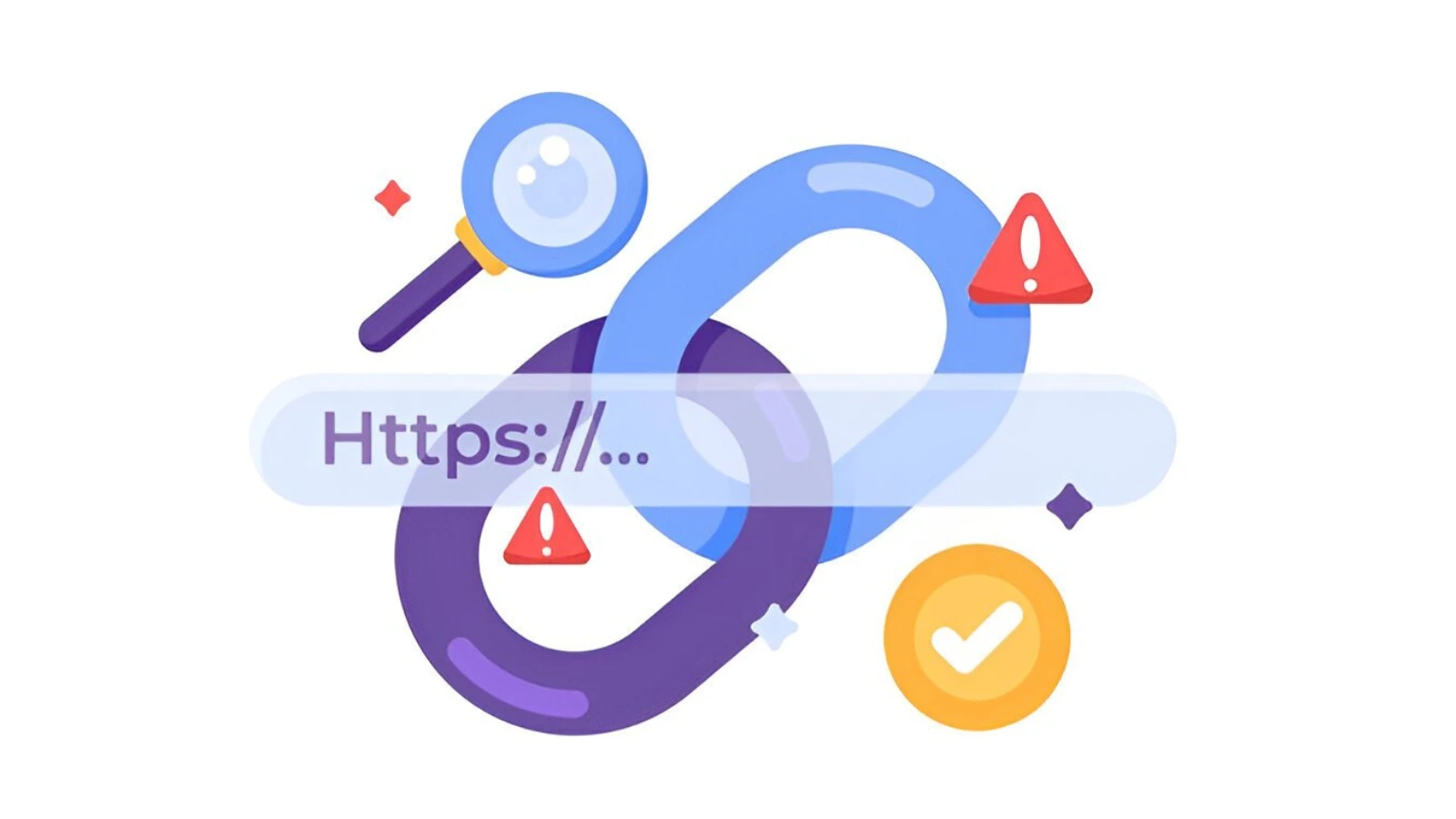Custom URL Shorteners have gained popularity for making links cleaner and more brand friendly. However, many myths surround their influence on SEO. Are these shortened links hurting your search rankings? Or are they harmless tools for better engagement? In this article, myths will be debunked, and facts will be revealed about the impact of Custom URL Shorteners on SEO.
What Are Custom URL Shorteners?
Before diving into SEO implications, it is essential to understand what Custom URL Shorteners are. These tools allow long complex URLs to be shortened using a branded domain and custom slug. For example, instead of using example.com/blog/seo-strategy-2025, a link like go.brand.com/seo2025 might be used.
Not only are these links easier to share, but they also provide tracking capabilities, which is why marketers favor them. Still, doubts remain about how search engines treat them.
Start using Custom URL Shorteners today — track better, brand smarter!
Myth #1: Custom URL Shorteners Hurt SEO
One of the most common misconceptions is that shortened URLs reduce SEO performance. This belief is based on the idea that redirect chains confuse search engines or dilute link equity.
However, search engines like Google have clearly stated that 301 redirects, which are commonly used by most Custom URL Shorteners, pass link equity effectively. As long as best practices are followed and 301 redirects are implemented, no negative impact on rankings should be expected.
Fact #1: Properly Configured Shorteners Maintain Link Juice
When used correctly, Custom URL Shorteners do not harm SEO. In fact, they can preserve link equity if they are set up to use 301 redirects. Googlebot follows these redirects and indexes the final destination page as expected.
Moreover, if branded domains are used, the trust factor can be enhanced. A branded short link is often perceived as more credible than a generic one.
Myth #2: Google Ignores Shortened URLs
Another myth is that search engines ignore shortened URLs completely, thus making them useless for SEO purposes. While it is true that the final destination matters most to Google, the shortened link is not ignored entirely—especially when it is shared widely and generates traffic.
Learn More: Why SaaS Businesses Are Leveraging Free Short URL for Lead Generation
Analytics platforms and social media campaigns can benefit from using Custom URL Shorteners, and the data collected can be used to improve user experience, which indirectly benefits SEO.
Fact #2: Shortened Links Support Tracking and Performance Analysis
The primary advantage of using Custom URL Shorteners is advanced tracking. Click-through rates, geographic locations, and device types can be monitored. Although these links do not directly improve rankings, they contribute to data-driven decisions in content and campaign strategies.
By understanding which links perform better, content can be adjusted accordingly, improving user engagement metrics such as bounce rate and time on page—factors that may influence SEO indirectly.
Myth #3: All URL Shorteners Are the Same
It is often believed that any URL shortener will do the job. This is not true. Free or public shorteners may not offer full control, and some may even shut down, leading to broken links—something highly damaging to SEO.
On the other hand, Custom URL Shorteners give complete control, better branding, and long-term stability. This ensures that links remain functional and trustworthy over time.
Fact #3: Branded Shorteners Build Trust and Click-Throughs
When a custom branded domain is used, users are more likely to trust the link. This often leads to higher click-through rates. Increased engagement can lead to more time spent on the website, more shares, and potentially more backlinks—all beneficial for SEO.
In addition, consistent branding across all platforms reinforces brand recognition, which contributes to long-term digital authority.
So, Do Custom URL Shorteners Affect SEO?
The short answer is yes—but not in the way many myths suggest. They do not harm SEO when used properly. Instead, they offer advantages in branding, tracking, and user trust, which can indirectly support SEO efforts.
To avoid any pitfalls, it is important to:
- Use 301 redirects to ensure link equity is preserved
- Avoid redirect chains or loops
- Regularly monitor shortened links for performance and functionality
- Choose a reliable provider or platform to host your custom shortener
The Real Impact of Custom URL Shorteners
It can be said with confidence that Custom URL Shorteners are not an SEO risk when implemented correctly. While they don’t directly boost search rankings, their indirect benefits—such as improved engagement, trust, and analytics—make them valuable tools in a marketer’s arsenal.
The key is to use them strategically and ensure that technical best practices are followed. With that in mind, the myths around Custom URL Shorteners and SEO can be confidently put to rest.
FAQs
1. Do Custom URL Shorteners help with Google rankings?
Not directly. Custom URL Shorteners don’t improve your Google ranking on their own. But if they use the right type of redirect (called a 301 redirect), they won’t hurt your SEO either.
2. Are Custom URL Shorteners safe to use?
Yes, they are safe if you use them the right way. Make sure the short link sends people to the final page using a 301 redirect and comes from a domain you control—not a free one that might stop working.
3. Can I see how my short links are doing in Google Analytics?
Yes! Most Custom URL Shorteners let you add tracking codes (UTMs), so you can see how many people clicked your link and where they came from in Google Analytics.
4. Do shortened links pass SEO value (link juice)?
Yes. If your Custom URL Shortener is set up right with a 301 redirect, the link will still pass SEO value to your main page. Google follows these links just fine.
Visit Munshify.com to explore powerful Custom URL Shorteners today!


